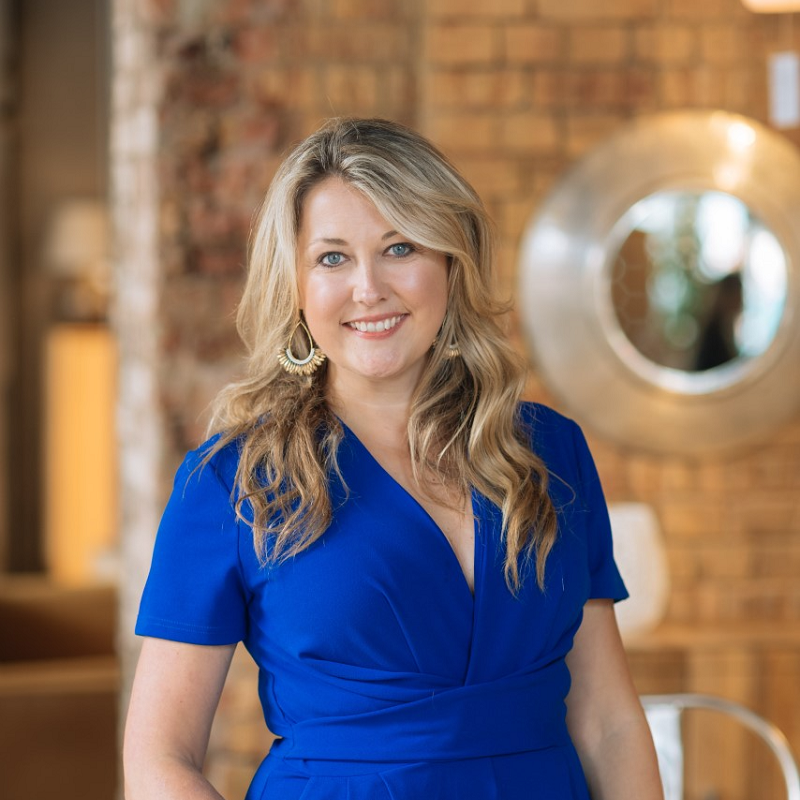
How to bid for a new contract
Understanding how to bid for a new contract can spell the difference between success and failure, says David Gray, managing director of B2B bid consultants AM Bid.
SMEs can waste a lot of time and effort on bidding for contracts if they don’t know what they are doing, says bid specialist David Gray. He offers this advice:
- 1. Be selective
David says: “A lot of SMEs will bid for everything that is in their wheelhouse – if they are a repairs contractor, for example, they will bid for all repairs contracts they see. But a lot of these opportunities are very competitive so it is important to identify the contracts that you have got a real chance of winning, perhaps because you have a proven track record in that geography or with that client, or because you have something that differentiates you from your competitor. You can waste a lot of time bidding for opportunities you are never likely to win because you don’t have the necessary experience or track record, so it is important to target the right opportunities.”
- 2. Create a strategy
David says: “A lot of SMEs make the mistake of jumping straight in to writing a bid, but it is really important to strategise first
and decide what are your unique selling points and your differentiators, and what is going to make you stand out from the competition. You should also consider what key things the client is looking for from a provider, and then try to develop win themes that you can weave through your bid that align with these hot buttons.”- 3. Plan and structure your response
David says: “You also need to plan your response and structure it before writing it. Use subheadings and make sure you are writing in a logical and sensible manner and covering all the component parts of the question and meeting the requirements that the buyer is asking. It will also make the writing much easier because you will be filling in blanks rather than staring at a blank page trying to figure out how to get all your value across in one hit.”
- 4. Avoid making generic statements
David says: “A bid or a tender response is very different from a marketing brochure. In a marketing brochure you are trying to sell yourself to a really broad audience of many different types and potentially sizes of clients. In a bid you are really just trying to sell yourself to one client, so it needs to be tailored specifically to their needs and requirements. Use the client’s name in the proposal and make it clear to them that this is a bespoke proposal which is just for them.”
- 5. Focus on the value and benefits you will bring the buyer
David says: “Instead of focusing on what you do, focus on the value of what you do and how you do it in order to bring to life the benefits a client will get from your solution. SMEs are often quite bad at this one – they fall into the trap of just telling people what they do and how they do it, and they leave the buyer to join the dots in their head as to why that is good.
But sometimes you will have procurement teams who are not subject matter experts who will be assessing your bid and they just don’t join those dots. They want to see what specific value your solution or offer will bring to them as a buyer and what specific benefits will they derive from that.”- 6. Provide evidence that you are as good as you say you are
David says: “SMEs can fall into the trap of talking themselves up and saying they are the best in the market. But you need to provide evidence to back up your claims. Do you have a case study from a previous client that is very similar to this client, or do you have a testimonial about how good you were? Do you have quantitative data around KPIs or performance metrics that you can include? Anybody can say they are the best at what they do, or that they will be the best partner or the best supplier, but it is much harder to prove this, so if you can provide evidence it will make your bid stand out. Providing proof will not only differentiate your business from those who cannot prove they are the best, it will also take away risks from the buyer because it will give them confidence in your business.”
David Gray is the managing director of B2B bid consultants AM Bid and creator of Ultimatetendercoach.com, an online tender training programme for SMEs.


